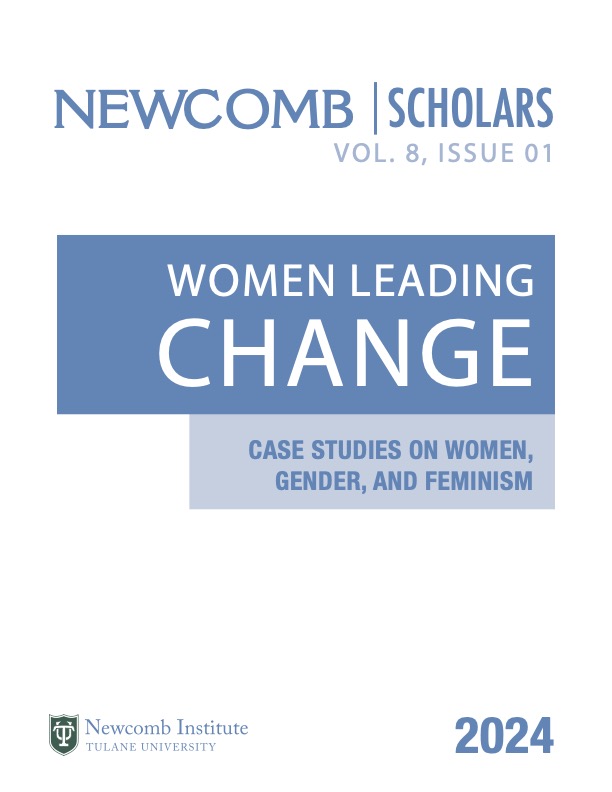Add Women and Stir: Esther Duflo and Feminist Epistemology of Randomized Control Trials in the Field of Development
Abstract
In 2019, Esther Duflo became the second woman to ever win a Nobel Prize in Economic Sciences for her groundbreaking contributions to development economics through the innovative application of randomized controlled trials (RCTs). Duflo’s transformative approach involved adapting RCTs from the medical field to address complex social issues. As Duflo gained prominence, she endorsed a shift towards empirically driven and gender-blind development policies. Her endorsement prompted scrutiny from the feminist economist community who argued that Duflo’s RCT method came with limitations that overshadowed its potential to address systemic inequalities, specifically women’s empowerment. Duflo’s decision to pioneer the use of RCTs in the field of development has sparked a question within the economic community: what form of research methodology works to achieve both gender equality and holistic development goals?
Downloads
Downloads
Published
Issue
Section
License
Copyright (c) 2024 Women Leading Change: Case Studies on Women, Gender, and Feminism

This work is licensed under a Creative Commons Attribution-NonCommercial-ShareAlike 4.0 International License.
Newcomb College Institute of Undergraduate Researchis an open-access journal, so articles will be released under a Attribution-ShareAlike 3.0 Unported (CC BY-SA 3.0).

